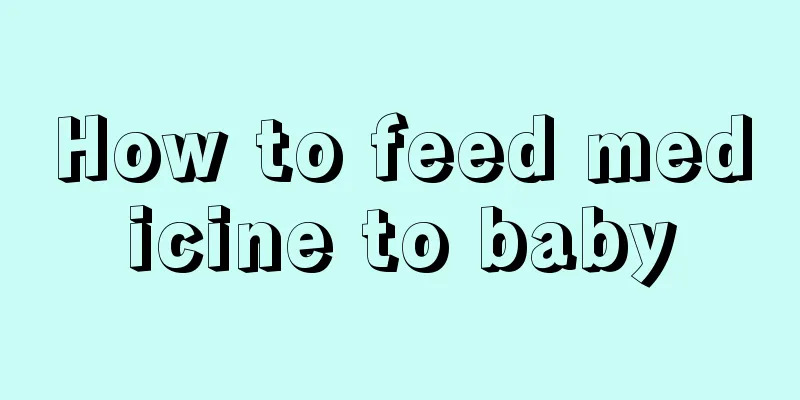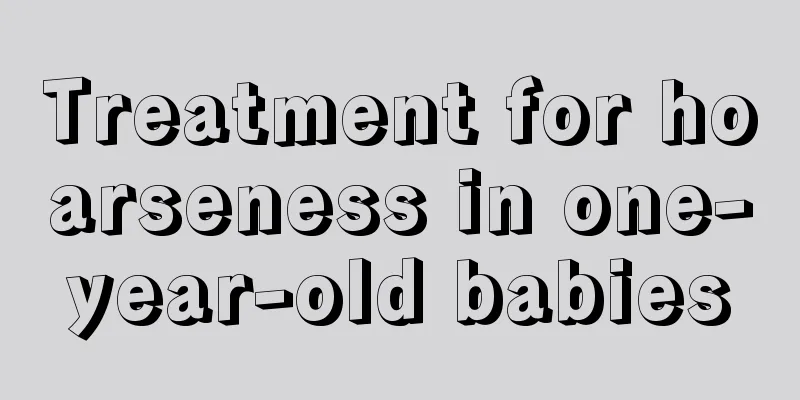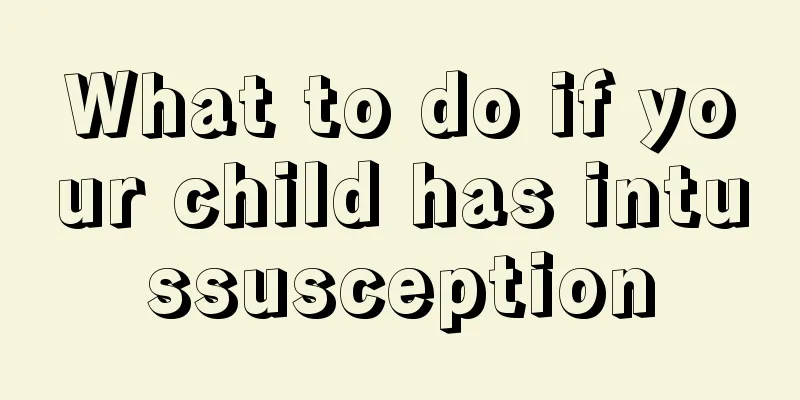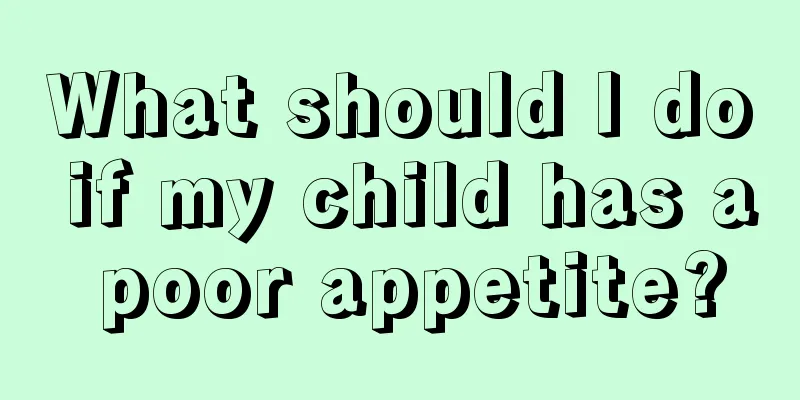What to do if your baby has tooth decay at 1 and a half weeks old
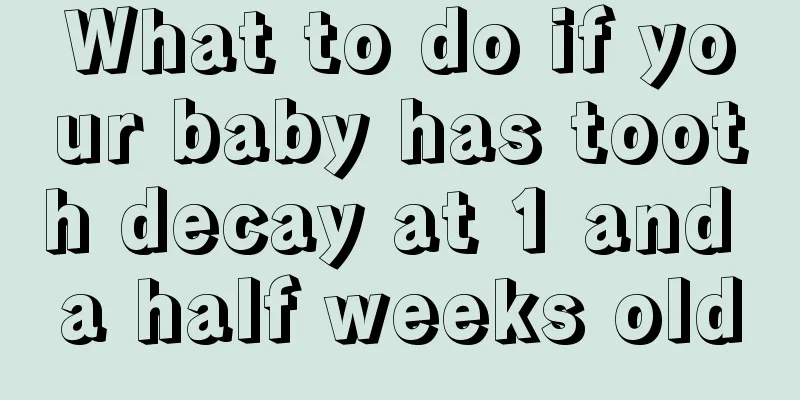
|
After the baby's teeth grow, if you don't pay attention to protection, it is easy to get tooth decay. We all know that tooth decay in young children is generally caused by poor oral hygiene. However, many parents do not pay much attention to the dental care of their children. Many parents will ask what to do if their baby has cavities? How to prevent tooth decay in babies? Causes of tooth decay in children The reason is that food residues remain in the mouth and mix with bacteria to form a thin film that adheres to the mouth, forming plaque. After a long period of stay, it will decalcify the teeth and slowly cause tooth decay. The harm of dental caries in children 1. Dental caries can destroy the normal structure of teeth. Caries can cause pain and food stuck in children's teeth when eating, affecting chewing. Some children are afraid to bite certain foods or chew large pieces of food, which affects nutrient absorption and even physical development. 2. If dental caries are not treated early, the cavities will become deeper and deeper, eventually affecting the development and eruption of permanent teeth, leading to developmental defects and abnormal eruption of permanent teeth, and ultimately causing misalignment and deformity. 3. If the deciduous teeth are incomplete and the upper and lower gums do not close tightly when biting, the child's pronunciation will be affected and have an adverse effect on his or her psychological growth. 4. Severe tooth decay can allow bacteria to enter the blood circulation and even affect organs throughout the body, such as the heart and kidneys. How to treat tooth decay in children Children with tooth decay must be treated as tooth decay cannot heal on its own. To treat tooth decay in children, it is best to preserve the teeth. You can fill the teeth and restore their function. Dental plaque can be treated with medication. If necessary, dentures will be installed after the decayed teeth are removed. How to prevent tooth decay in children First, since children lack self-control, parents should help their children develop good oral hygiene habits. No baby wants to brush his teeth and rinse his mouth. After your baby is 2 years old, you can teach him to brush his teeth and rinse his mouth by himself. Even if he is not good at it, you should encourage him to do it. Second, limit children's demand for sugar and snacks, and provide them with a reasonable diet. Control the amount of sweets your children eat and don't let them eat too much sugar. The number of times you eat candy a day should be controlled to 1-2 times. Second, families who have the means should take their children to the hospital for regular oral examinations. Healthy deciduous teeth can fully exert their chewing function, promote digestion and absorption, and are beneficial to the healthy growth of children. Especially the preschool period is an important period for children to learn language and establish self-awareness. The collapse and loss of deciduous front teeth will affect the child's appearance and correct pronunciation, and cause psychological depression. Therefore, it is important to protect your baby's deciduous teeth. |
<<: What food should children eat when they have diarrhea
>>: What should I do if my child has tooth decay?
Recommend
What are the symptoms of spina bifida in babies?
Newborns are very fragile after birth, so there a...
Why does my one-year-old baby have a bulging belly?
Some one-year-old babies have bulging stomachs, w...
What to do if your baby doesn't like to wash his hair
When bathing or washing the baby's hair, the ...
What are the disadvantages of not eating breakfast before class?
Many children do not eat breakfast when they go t...
What should I do if my child gets itchy and scratches the pimples?
Itching on the body is a very common phenomenon, ...
There are many benefits of children's spleen massage
For children, the spleen and stomach functions ar...
What is the cause of enuresis in children?
Every parent is particularly concerned about thei...
What to do if baby's thigh root is red
In fact, babies' body resistance is relativel...
How to treat children's cough after exercise
When children are young, they like to run around,...
What to eat when a two-year-old has a cough
Children's coughing is a situation that many ...
Who determines a child's IQ?
Parents all have high expectations for their chil...
What to do if your one month old baby has phlegm
In daily life, many mothers find that their babie...
Effects of antibiotics on newborns
Since newborns are born not long ago, their body ...
How to reduce swelling and stasis after a child falls
Children are lively and active by nature. They ru...
What are the methods to reduce fever in children?
Fever in children is one of the common diseases i...
